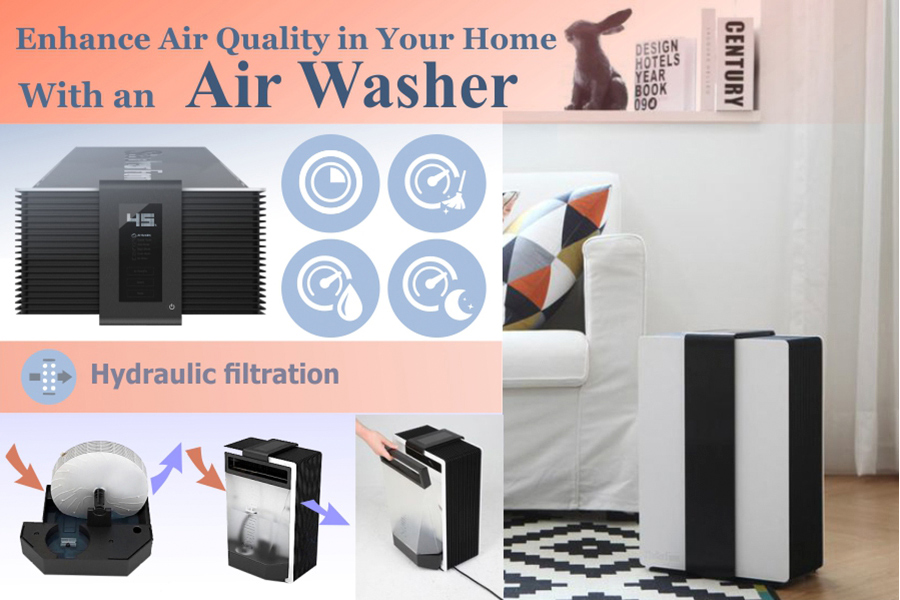Exploring The Environmental Benefits Of Heat Pumps - A Lasting Heating Solution
Exploring The Environmental Benefits Of Heat Pumps - A Lasting Heating Solution
Blog Article
Personnel Author-Dickinson Hewitt
In an era where sustainability and energy performance are critical, lots of companies seek green heating services. One such service is the heat pump.
A heat pump removes the warm in its environments and pumps it into your home, leading to one of one of the most efficient environmentally friendly central furnace around. This process additionally generates no greenhouse gas discharges, making it a highly lasting innovation.
Energy Efficiency
Heatpump are extremely energy reliable and require little maintenance. They use much less electrical energy than other heater and are without a doubt one of the most environmentally friendly. They work well with rooftop solar and can typically pay for themselves in utility financial savings alone.
They can additionally supply cooling, which is terrific for garage workshops, attic room hangouts and perk areas, and home additions without prolonging the existing ductwork. They can even be made use of for retrofits in existing homes with hydronic (water-based) distribution systems such as low temperature level radiators or glowing floorings.
Try to find models with SEER and HSPF ratings that meet or surpass Canada's minimum criteria, in addition to the standards in your area. Higher rankings indicate greater efficiency, which saves you money in the long run and lowers your carbon impact. You could even receive discounts and incentives! The best devices are those with a ground heat exchanger for added performance. These systems can soak up thermal energy from the ground throughout the winter and remove it in the summer season.
Lowered Greenhouse Gas Emissions
Heatpump operate on electricity and basically move warm from the air, also when it's cold exterior. They are able to extract the complimentary warmth caught in air bits and relocate them inside, lowering moisture while doing so.
Contrasted to gas furnaces, modern-day heat pumps make use of less than one kilowatt of electrical energy per kilowatt of home heating power they generate. This makes them one of the most power efficient home heating option available with a POLICE (Coefficient of Efficiency) of four or even more. By slashing the demand for fossil fuels, heatpump help reduce greenhouse gas exhausts and reduce other significant air contaminants.
Structure decarbonization is a global necessary, and the cooling and heating industry is a crucial motorist of that procedure. Whether it's real estate investors making internet no dedications, plan manufacturers setting emissions limitations, or renters requiring greener spaces, electrical heatpump are being identified as a vital remedy. https://www.facilitiesnet.com/hvac/tip/Restaurant-Reopening-Tied-to-HVAC-Systems--47751 are a cost-efficient way to minimize carbon exhausts by removing the need for nonrenewable fuel sources in buildings.
Flexibility
Heatpump can be utilized in several types of homes and buildings-- with or without air ducts. They work with hot-water radiators, air-conditioning and programmable thermostats. They can change furnaces or be mounted in brand-new homes. https://augustdzevn.anchor-blog.com/9600574/5-indications-it-s-time-to-upgrade-your-heating-unit-to-a-heatpump can operate on photovoltaic panels, geothermal systems or perhaps area home heating resources like wastewater.
They're terrific at providing more warm per energy device. For instance, an air-source heat pump generates up to 3 or even more heating units from each electrical power device it eats.
Obtaining the most from your heat pump will depend on your environment zone and top quality of insulation. Seek designs with power celebrity rankings and compare their SEER or HSPF specifications. In warmer environments, concentrate on SEER; in colder regions, take into consideration a system with a greater HSPF score. Additionally, invest in air sealing and insulation to minimize the load on your heat pump. That will certainly boost power efficiency and help you reach your Web Zero objectives much faster.
Biomass Boilers
Biomass central heating boilers make use of timber pellets, chips or logs to create warm and hot water. They are a good choice for off-grid residential properties or those who want to get off the gas grid.
As a standalone heating system, biomass can supply adequate energy to maintain your home cozy throughout the year without the common warm drop off of various other eco-friendly modern technologies. They can also be used in conjunction with photovoltaic panels to increase financial savings and benefit from RHI repayments.
A downside of these systems is the in advance price and routine gas distributions. Commonly, pellets will certainly require to be blown right into a gas store making use of a vacuum cleaner system or they can be manually fed right into the central heating boiler via a hopper. Logs are generally self-sourced from neighboring woodland or purchased in bulk. Along with this, they require hands-on loading and might require cleaning regularly.